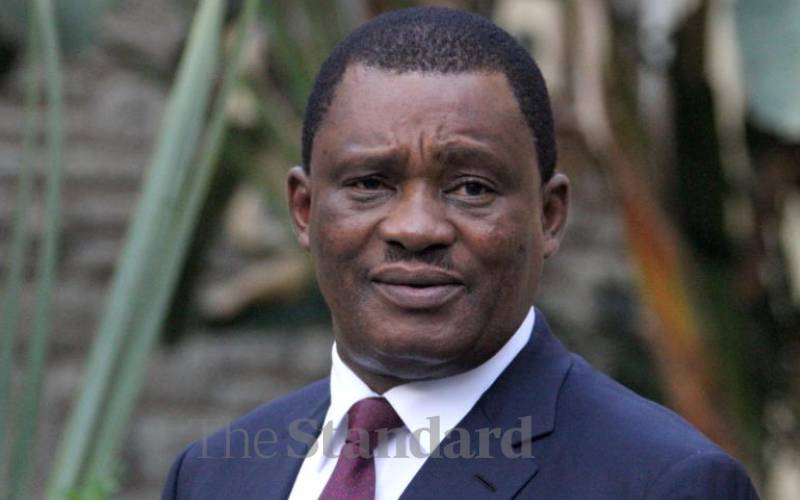×
The Standard e-Paper
Stay Informed, Even Offline

Speaker of the National Assembly Justin Muturi. [David Njaaga, Standard]
MPs will now consider draft regulations seeking to implement the elections campaign funds limits.